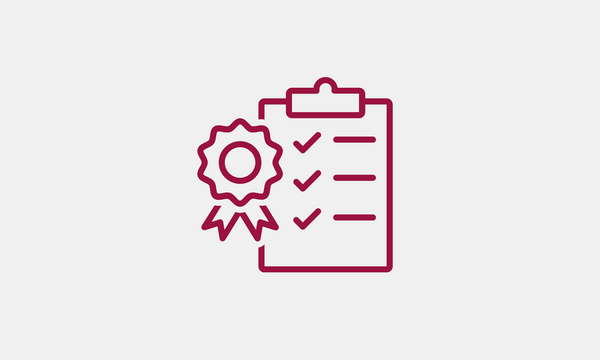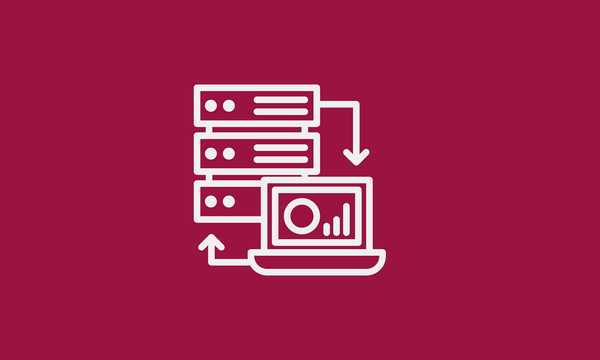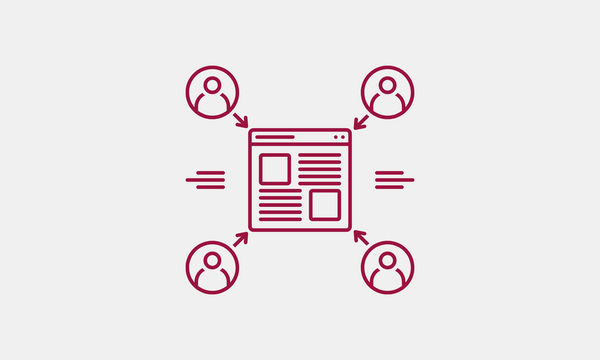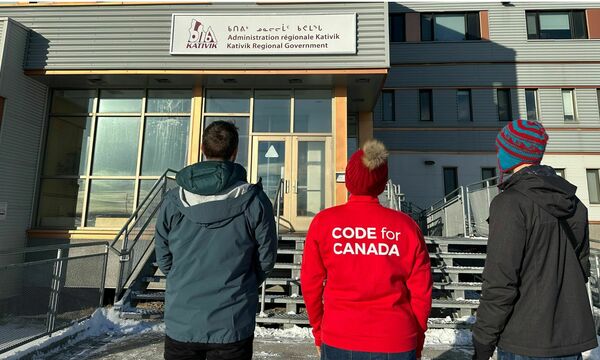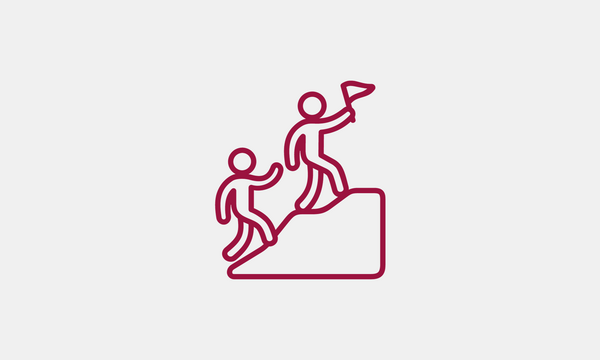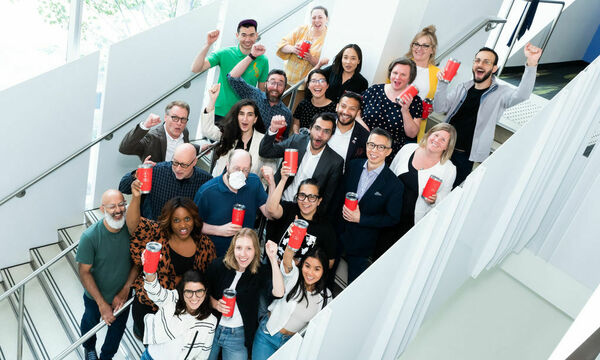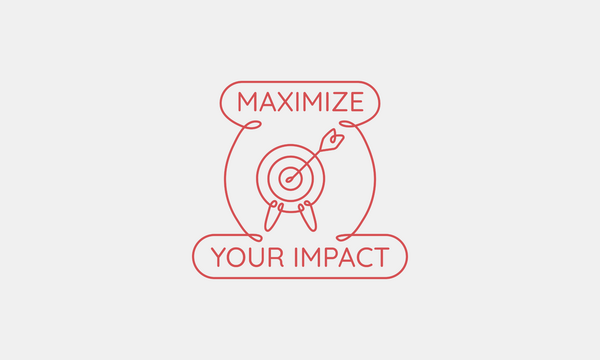Code for Canada’s first year

Lia Milito
April 5, 2018
Occasionally, driven by simultaneous desires for nostalgia and for procrastination, I’ll look back at my calendar to see what I was doing one year ago, or two, or five. As it happens, one year ago right now, Gabe stood in front of a crowd in Toronto to say “it’s time for Code for Canada.” I sat in the back of the room with Twitter open, trying to keep up.
Since then, we’ve done a lot.
When we launched, our Communications Lead, Luke Simcoe had been working with us for a few months. In observation of the immense enthusiasm and energy from government and community alike, he commented that working at Code for Canada was “a series of terrifying wins.” Wins, because seemingly everyone we encountered either wanted to work with us or throw their full support, expertise, and energy our way. And terrifying because it meant our fledgling team now had to deliver.
With each new win came new and heightened expectations, and though we were confident about our preparation, our support, and the commitment and ability of our partners, we’re only human. So sometimes we looked ahead with a dose of anxiety mixed in with our excitement.

I could pretend that it always felt easy and comfortable in the early days, but frankly, that would be misleading. Sometimes things were tough! We work in a complex space, full of competing (and important) priorities, wishes, and needs. It’s inevitable that things sometimes feel unsettled, and I think it’s important to be honest that sometimes it feels difficult, scary, or unstable to be doing this kind of work. Surfacing the sometimes-unsettled-ness of it is important, not just because at our cores we’re all humans who can benefit from some social honesty, but more practically, because we’re trying to support others who are embarking on complex journeys and trying to transform their departments, ministries, teams, and neighbourhoods.
If we pretend it’s always easy, we’d be doing a disservice to everyone we want to inspire. Sometimes, good work is hard. But it’s worth doing. And if we pretend it’s never hard, we risk causing people to jump ship when things get sticky when they incorrectly interpret that stickiness as a sign that it can’t be done, or worse, that they’ve done something wrong.
A year later now and we’ve learned more as individuals and an organization than we could have imagined possible. Here are some highlights, from where I’m sitting:
The inaugural Code for Canada fellowship
We received over 300 applications from people who wanted to be part of the Code for Canada fellowship. Through a recruitment process that was rigorous and inclusive, we managed to narrow it down to six incredible people who are working with the Governments of Ontario and Canada to bring digital practices into the public service and build solutions that will make life better for Canadians, in particular for adult learners and veterans. Santiago, Sophie, Christine, Leon, Raluca, and Dan: your work inspires me every day. We’ll be recruiting a second cohort of fellows soon, so let us know if you’re interested!

Grassroots civic tech growth
The network of civic tech community groups across Canada continues to expand. From Vancouver to Fredericton, Canadians are working with neighbours and public officials to address challenges in their communities. The credit belongs to the hard-working community leaders in each of these cities, but we’ve done our best to pitch in, convening civic tech organizers from coast to coast and developing resources like our Civic Tech Toolkit.

Helping public servants level up their digital skills
We’ve welcomed over 100 public servants to our training courses and workshops on digital government and civic tech offered in partnership with Ryerson University’s Chang School of Continuing Education. We’ve had very positive feedback from participants — including one who referred to the course as the “Netflix of digital government” — and we look forward to offering a new online version of the class starting May 28, 2018.

Maturing as an organization
We continued to grow and have impact during the parental leave of our executive director. Don’t get me wrong — we can’t wait for Gabe to be back with us. But really, it’s a testament to his leadership that this organization is resilient enough to keep growing and evolving while he is growing and evolving his family.
Which brings me to another point: we’ve put a lot of effort and energy into building an organization and culture that we can really be proud of. We’re intentional about learning, reflecting, and collaborating. This place is full of some of the smartest, most creative, dynamic, gritty people I know. We bring our whole selves to the job and do great things together. Gabe, Luke, Dorothy, Jenny, Mari, Isha, Emily, Nana, Meghan, Kelly, Shea, Shaq, Parker, and Zakaria: it has been a privilege to work with you all. And to our board: Charles, Elina, Ren, Cindy, Craig, James and Mike — along with our newest directors Hilda and Ria, and former board member Andrea —you all go above and beyond in ways that we feel every day.
Finally, much credit is due to Matt Thompson and Amara Possian for helping to build the organizational culture we’ve got here.

Learning, collaborating, sharing
We’ve worked together with other organizations to research and share what we know about the space we work in. Notably, we worked with Evergreen to produce a report about the possibilities of smart cities, offering nine suggestions for communities looking to make the most out of new technologies and digital methods. We also continue to work with our friends from other Code for All partner organizations like Code for America, Code for Pakistan, Code for Australia, and Code for Nigeria to share learnings from our first year with others engaged in similar work.
Code for Canada & Evergreen: How to be Smart(er) in Mid-Sized Cities in Ontario
Speaking of learning, researching, and working together, we’ve been thrilled to host visitors who have done digital government work around the world, including Dan Hon, Becca Blazak, Liz Odar, Andrew Lovett-Barron, and David Eaves. Their involvement with our launch and fellowship onboarding helped us hit the ground running with lessons learned from others who have gone before.

Partnering with humans
None of this would have been possible without our partners. We’re proud to have the support of the Province of Ontario and Government of Canada. In particularly, we love collaborating with the Ontario Digital Service, Canadian Digital Service, the Ontario Ministry of Advanced Education and Skills Development, and Veterans Affairs Canada. The people we work withat all those organizations have demonstrated extraordinary leadership and have been wonderful partners in collaboration. Our industry partners, likewise, have helped to further our work immensely. To the great folks at Shopify, Normative and NATIONAL thank you for helping us learn and work so well.
This has been an incredible year. We’ve been able to accomplish so much by working with great people and great teams across the country. For a glimpse at many things I haven’t mentioned, check out our blog here.
I’m tempted to end this by saying that we no longer feel unsettled in a way that Luke once called “terrifying.” That would be a nice way to wrap up this post. But in reality, we still feel that unease sometimes. And that’s part of the point. After all, there’s still a lot to do.
If you’d like to help, here’s how to get involved.
